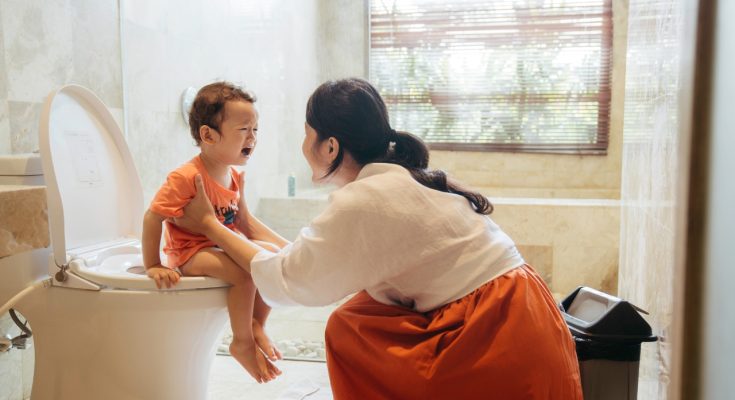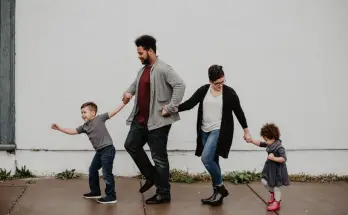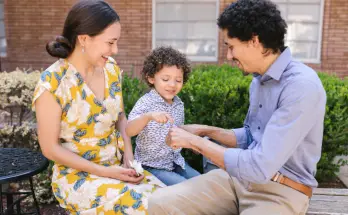Potty training is an important life milestone for both parents and toddlers but let’s be honest, it’s daunting. Whether you’re just getting started with this process or trying something new, this guide will offer easy, stress-free ways to make it as easy as possible. When you have patience, perseverance and know the right methods, potty training can be a win-win situation for the entire family.
Why Potty Training Matters
Potty training is not a convenient task, it’s a growth milestone that gives your child autonomy and self-confidence. This can enhance their confidence and help them make their way into other developmental phases (preschool readiness, for example). If you understand why potty training is so important, you will be able to approach it in the right way.
When to Start Potty Training
One of the most common questions a parent might have is, “When do I start potty training?” There’s no universal answer, but here are some signs that your child is on track
Signs of Readiness
- Physical signs: Your child stays dry for at least two hours or wakes up dry after naps.
- Behavioral signs: Shows interest in using the toilet or imitating adult bathroom habits.
- Communication: Can express the need to go potty through words, gestures, or facial expressions.
Age Guidelines
Usually, kids start showing readiness between the ages of 18 months and 3 years. However, every child is different. Doing so too soon, before they’re ready, can create unnecessary frustration.
Preparing for Potty Training
Preparation is key to stress-free potty training. Here are some steps to get started:
- Choose the Right Equipment
- Opt for a child-friendly potty chair or a toddler seat that fits securely on your toilet.
- Invest in training pants or underwear to make the transition smoother.
- Create a Routine
- Introduce the potty during regular bathroom times, such as after meals or naps.
- Keep the process consistent to help your child develop a habit.
- Involve Your Child
- Let them pick out their own potty or training underwear. This involvement can make them more excited to participate.
Potty Training Tips for Success
If you’re ready to jump into potty training, here are some hints to ensure the experience is enjoyable and stress-free:
1. Start Small
Let’s start by giving them the potty as a normal object. Encourage your child to crawl on it (uncovered) for comfort.
2. Use Positive Reinforcement
Give praise or a reward, for example stickers or a favourite activity, for every little achievement. Don’t punish accidents because it can scare you or shame you.
3. Be Patient and Consistent
Consistency is the engine of potty training. Stay consistent, even when things aren’t moving in the right direction. Accidents
4. Encourage Independence
You should teach your child to tuck down his pants, scratch and wash his hands. Such knowledge assists self-reliance and promotes hygienic practices.
Common Challenges and How to Handle Them
Potty training rarely goes perfectly, and that’s okay. Here’s how to tackle common obstacles:
1. Fear of the Toilet
- Use a potty chair first, then gradually transition to the toilet.
- Let them observe siblings or parents using the bathroom to reduce fear.
2. Accidents
- Keep a change of clothes handy for accidents.
- Reassure your child that accidents are part of learning and not a big deal.
3. Nighttime Training
- Nighttime dryness often takes longer to achieve. Use pull-ups or waterproof mattress protectors during this stage.
Potty Training Myths Debunked
Let’s clear up some common misconceptions:
- Myth 1: Boys are harder to train than girls.
Truth: Training difficulty depends on the individual child, not their gender. - Myth 2: Potty training must happen by age two.
Truth: Readiness varies widely, and there’s no universal deadline.
Potty Training in a Modern World
The technology these days even lets you set reminders or keep track of them using apps. Potty timers and reward trackers are some of the most popular options, making potty training more interactive for younger children who are more technologically inclined.
Conclusion: Celebrate Small Wins
Potty training is a process, not an event. Every little step is a victory for you and your child. Praise your progress, be patient, and don’t be afraid to take breaks if necessary. Keep in mind, kids grow at different rates, and if you love and support them they’ll do fine.
By heeding these suggestions and being flexible enough to meet your child’s individual requirements, potty training can be effortless, and sometimes enjoyable. Happy training!




